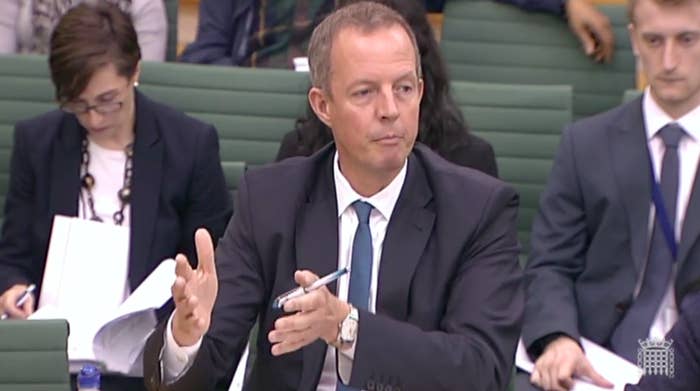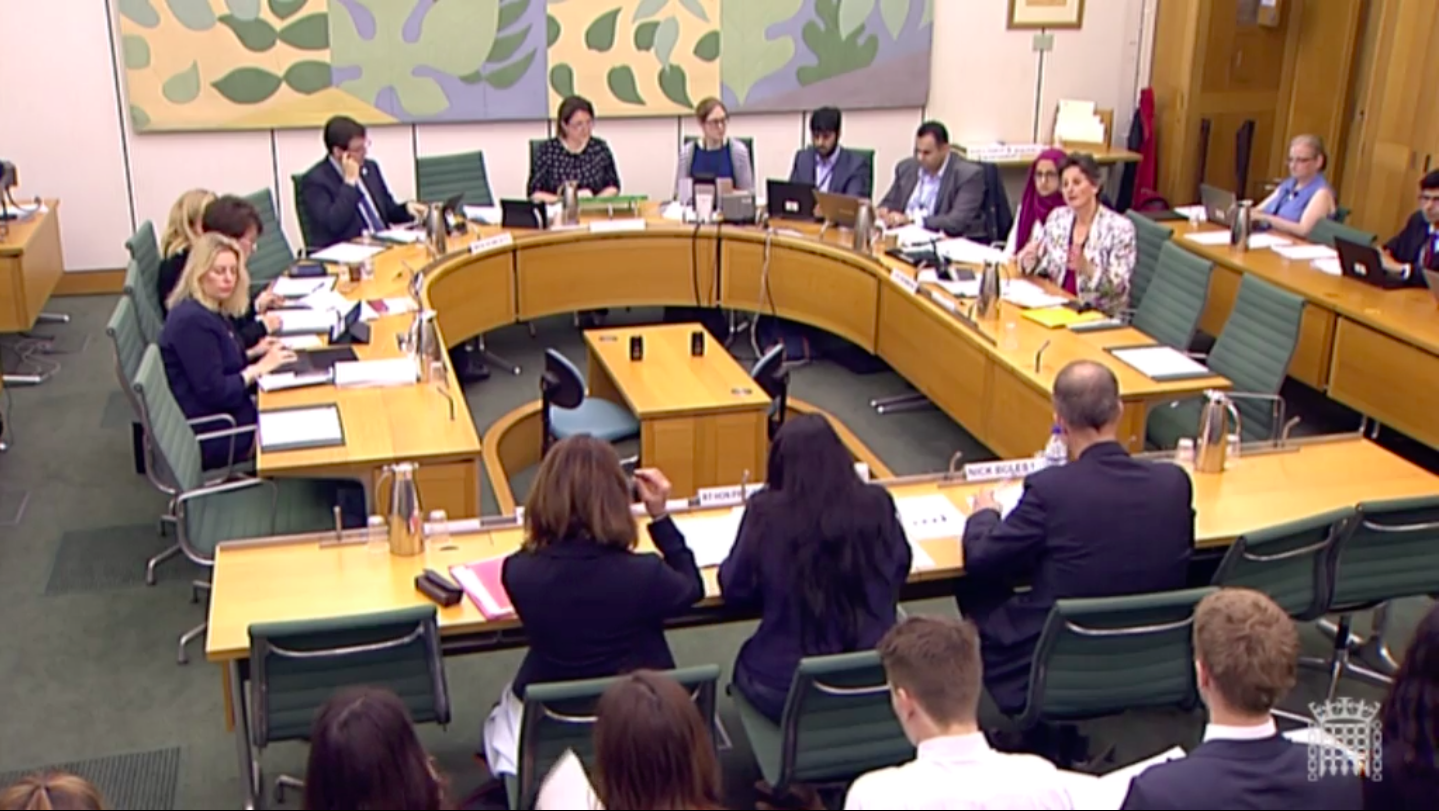
Senior ministers have rebuffed criticism that David Cameron's linking of the English language skills of Muslim women in Britain with his government's counterterror strategy was unhelpful.
Speaking at a women and equalities select committee in parliament on Wednesday, skills minister Nick Boles told MPs he "completely rejected that charge".
"We do have a problem with extremism in parts of our country and in certain communities," he said. "The lack of English prevents you from being able to have any contact with the rest of society."
The comments come months after the prime minister sparked outrage when he called on more Muslim mothers to learn English, arguing it was one way to prevent their sons from turning to extremism by making it easier for them to play a bigger role in society.
But he was accused of hypocrisy by charities which pointed out that, under Cameron, English language classes had suffered hugely under public spending cuts. Faeez Vaid, executive director of the Muslim Women's Network UK, warned against linking limited English skills with extremism, saying it risked alienating communities.
Several Muslim women also mocked the PM for saying their "traditionally submissive" nature could be a factor in radicalisation.
Boles defended the prime minister's comments and insisted that as well as impacting self-esteem and earnings, for a "very very small percentage of people there may be further consequences [for those who can't speak English] which is being drawn into extremist practices and ideas".
Separating the two things and not acknowledging "there is a genuine problem with extremism would be a fundamental error", he added.
The minister attended the committee's evidence session on employment opportunities for Muslim communities alongside employment minister Priti Patel and Baroness Williams, minister for faith and integtation.
When pressed on whether the government was on course to meet its 20:20 commitment to increase apprenticeships and employment rates within black and minority ethnic (BME) communities by 20%, the ministers were not able to give a clear answer.

Boles said business secretary Sajid Javid was responsible for "delivering targets on black and minority groups".
But his colleague Patel added: "There’s a very clear strategy and as ministers are responsible for various strands and aspects of that strategy and the delivery... we have a very, very clear focus when it comes to employment within the Muslim community.
“We are able to target and track and develop the the right interventions through job centre support and partnerships at a community level.”
She said the government was "doing everything that is possible in the framework that we have" and was working in partnership with employers to meet its target.
The committee's inquiry into Muslims and employment was set up to establish what the government is doing to close the employment gap. An analysis from the Equality and Human Rights Commission (EHRC), found that Muslims have the lowest employment rate (47.2%) of all faith groups. And, when compared to those with no religion, earned 22.5% less.
Think tank Demos found in a report last year that 16% of Muslims in the UK are in managerial and professional roles. The average for the general population is 30%.

Over the course of the inquiry, the committee heard many factors were at play and heard cases of Muslim women who felt the need to avoid wearing religious dress in order to secure employment.
Other research showed how applicants for jobs with white British-sounding names are 29% more likely to be successful than those with names associated with other ethnic groups.
In a statement, committee chair Maria Miller, said: "Too many Muslim people in Britain face problems getting a job and reaching their full potential in the workplace, particularly women; the evidence we have seen suggests that culture, faith and race all play a part.
“At a time when so much of the government's visible work around Muslim communities is focused on tackling extremism, we want to ask what the government is doing to reduce employment inequality too,” she said.
Miller, a Conservative MP, said the aim of the panel had been to "to find out how the Government plans to address islamophobia in the workplace, widen access to university, and support those looking for employment, particularly women".
